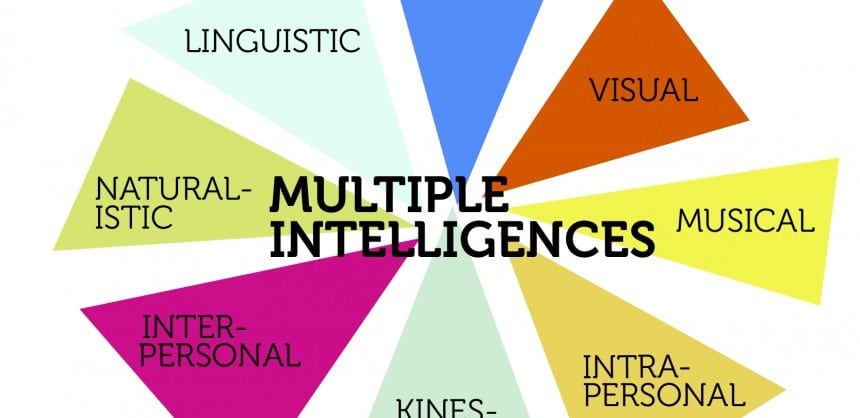Howard Gardner in 1983 proposed the theory of multiple intelligences. According to his theory a child who learns to add and subtract numbers of many digits easily is not necessarily more intelligent than a child who has difficulty in doing so. Traditional concepts of ‘intelligence’ have found high correlations between different aspects of intelligence whereas in the theory of multiple intelligences the correlations were found to be weak. Howard Gardner states that a human being has nine different kinds of intelligence. He defines intelligence as the ability to create a product or service that is valued in a context, as set of skills that makes it possible for an individual to solve problems in life and the ability to find creative solutions to problems that requires the acquisition of knowledge. (https://blogs.20minutos.es/)
In fact, Gardner’s theory of M.I. is being applied in New City School in St.Louis, Missouri. Tutors can use this theory to find different ways of teaching a subject so that a particular student can relate to the subject with excitement. If it is Mathematics and a student finds it difficult to understand story problems the M.I. theory can be applied to tailor the subject to meet that learner’s specific needs. This is challenging for a tutor as learning cannot be taken for granted. The advantages of using M.I. theory are that it is learner-centric; it is a learning process not just for the learner but also the tutor, it gives opportunities for differently-abled students to relate to subjects and concepts like never before and it contributes towards the development of an inclusive community where every learner gets the chance to solve problems creatively using the gifts that are unique to them.

